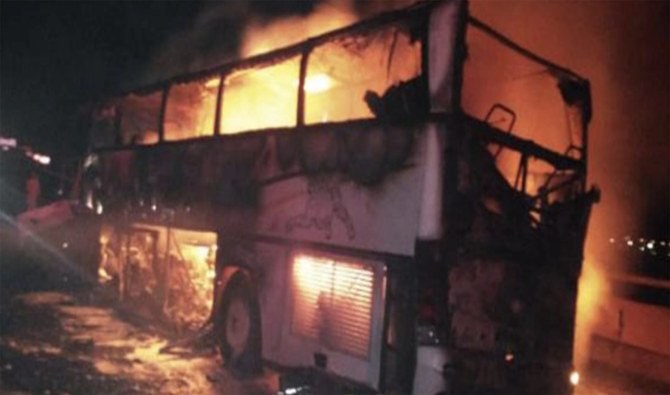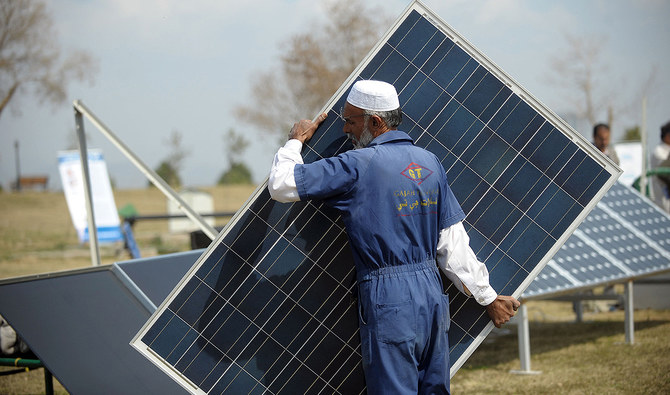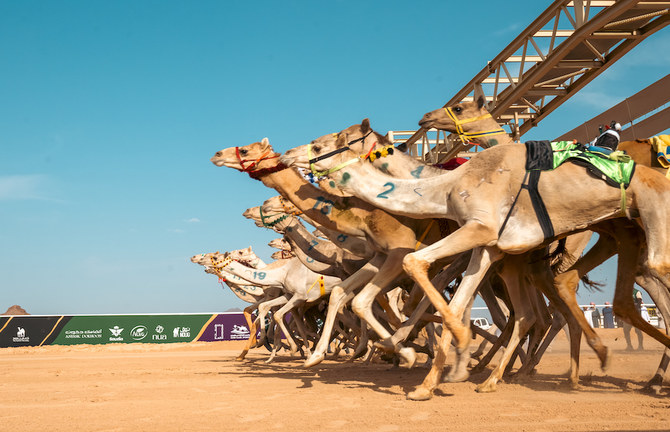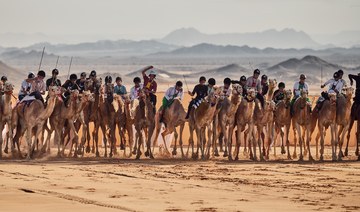ALULA: Saudi Arabia, the UAE and Qatar provided the big winners on Day 2 of the second annual AlUla Camel Cup.
Held in unseasonably hot conditions, Thursday’s competition consisted of two 5 km categories, the Hagayeg and the Lagaya, with two races run in each.
Saudi Arabia’s Minister of Interior Prince Abdulaziz bin Saud bin Naif won the first Hagayeg race, much to the delight of spectators.
The Prince’s camel, aptly named AlUla, won in a time of 5 minutes 59.3 seconds. In the second Hagayeg race of the day, Shart, owned by Emirati Mohammed Al-Kutbi, took first place in a time of 5:57.8.
The day’s total prize pool of $6.83 million was split equally between the two categories.
Winners in each of the races received $870,000, second-place finishers earned $266,666, and those in third place received $133,333. The balance of the prize pool was distributed among the other finishers.
The event was organized by the Royal Commission for AlUla as part of the AlUla Moments calendar, in partnership with the Saudi Camel Racing Federation.
The 2024 AlUla Camel Cup offers spectators and participants a new and more expansive experience after the inaugural edition in March last year.
This year, designated Year of the Camel by the UN and the Ministry of Culture, the event pays homage to the desert animal that is so integral to the Kingdom’s heritage.
“The AlUla Camel Cup attracts the best riders and the best camels throughout not just the region, but the world,” said Mahmoud AlBalawi, executive director of the SCRF. “Qualification for the AlUla Camel Cup is deliberately challenging, with 11 camel races taking place under the federation’s jurisdiction throughout the season to qualify for this illustrious competition.”
AlBalawi said that the Saudi Camel Racing Federation’s programs “target all corners of Saudi Arabia in a bid to continue to grow and improve the cherished sport of camel racing. There are more than 50 camel racing tracks across the country, including the elite AlUla venue where the AlUla Camel Cup takes place.”
RCU’s chief sports officer, Ziad Al-Suhaibani, praised the participants and said: “The AlUla Camel Cup reflects the importance of camel racing as a symbol of the Kingdom’s heritage and culture.”
While the heritage sport dates from the seventh century, the event this year includes a more contemporary setup that caters to all the family. There are opportunities to take camel selfies, sample camel smoothies or listen to live folk music by local performers.
The final races take place on Saturday.





















